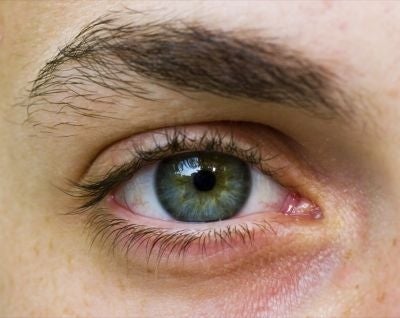Hong Kong scientists make vision 'breakthrough'

Scientists in Hong Kong said Monday they had made a "breakthrough" discovery in how animals see and react to changing light conditions, which could ultimately help fight a range of human diseases.
The Hong Kong University of Science and Technology team studied fruit flies' vision and discovered that a protein known as INAD acts as a regulator to help animals cope with a switch from dim-light to bright sunshine.
"Scientists have been working for decades in their attempts to tease out the...mechanisms of animal visual systems, such as how they detect light under varying conditions ranging from dark nights to days with bright sunlight," the university said in a statement.
Although scientists were aware of the INAD protein, its role in regulating vision was previously unknown, according to the researchers, whose study was published in the latest edition of prestigious US scientific journal Cell.
Defects in the visual regulator can be "disastrous", researchers said.
"It would mean disaster if it takes up to a few seconds or longer rather than a fraction of a second for a person to respond to an approaching car on the road, or for a fly to react to a flyswatter," said Professor Mingjie Zhang, who led the study.
The discovery could help scientists battle common eye conditions such as night blindness, he said.
But the oxidation process by which the INAD protein regulates light could also help scientists to better understand a range of other diseases, including AIDS and cancer, he added.
"(Oxidation) is closely linked to a range of human diseases," Zhang said.
pb/adm
Join our commenting forum
Join thought-provoking conversations, follow other Independent readers and see their replies
Comments
Bookmark popover
Removed from bookmarks